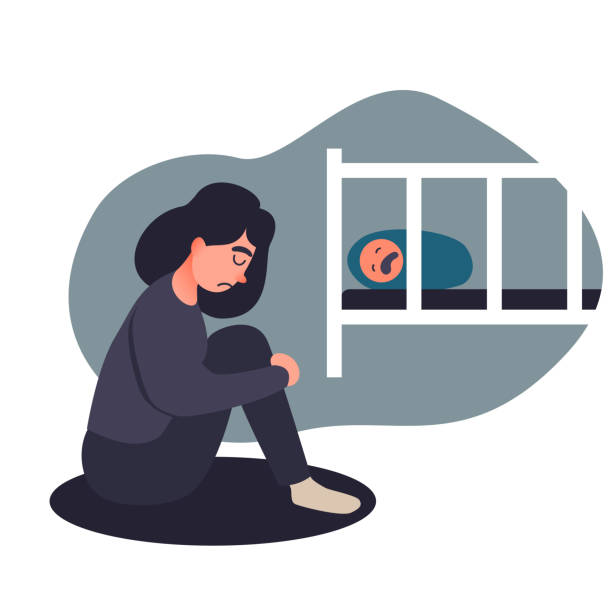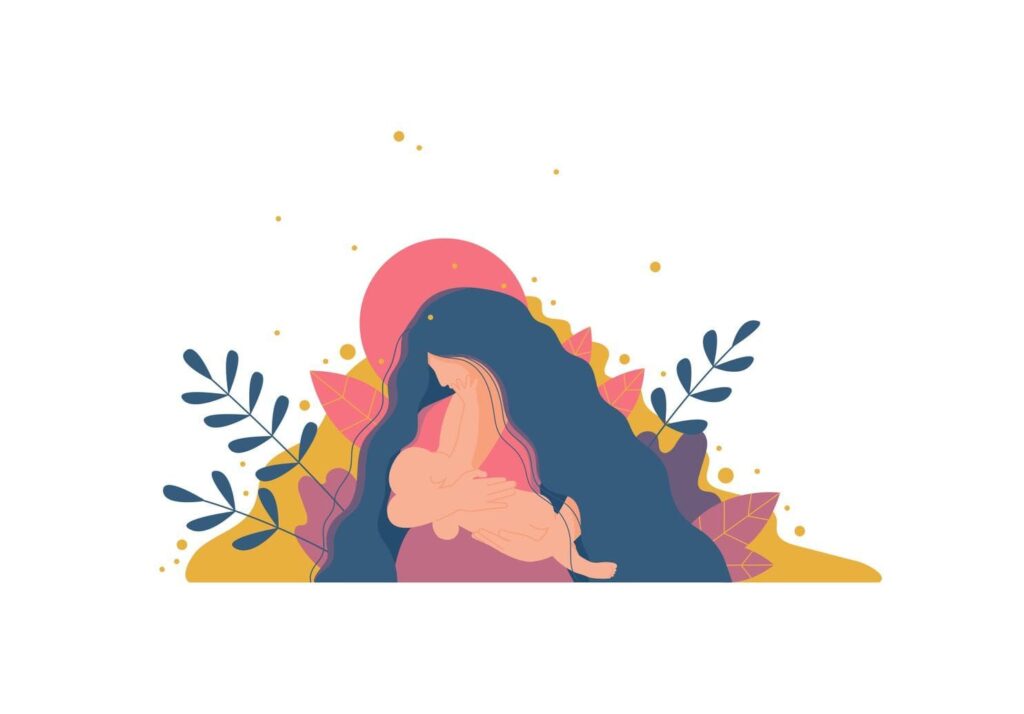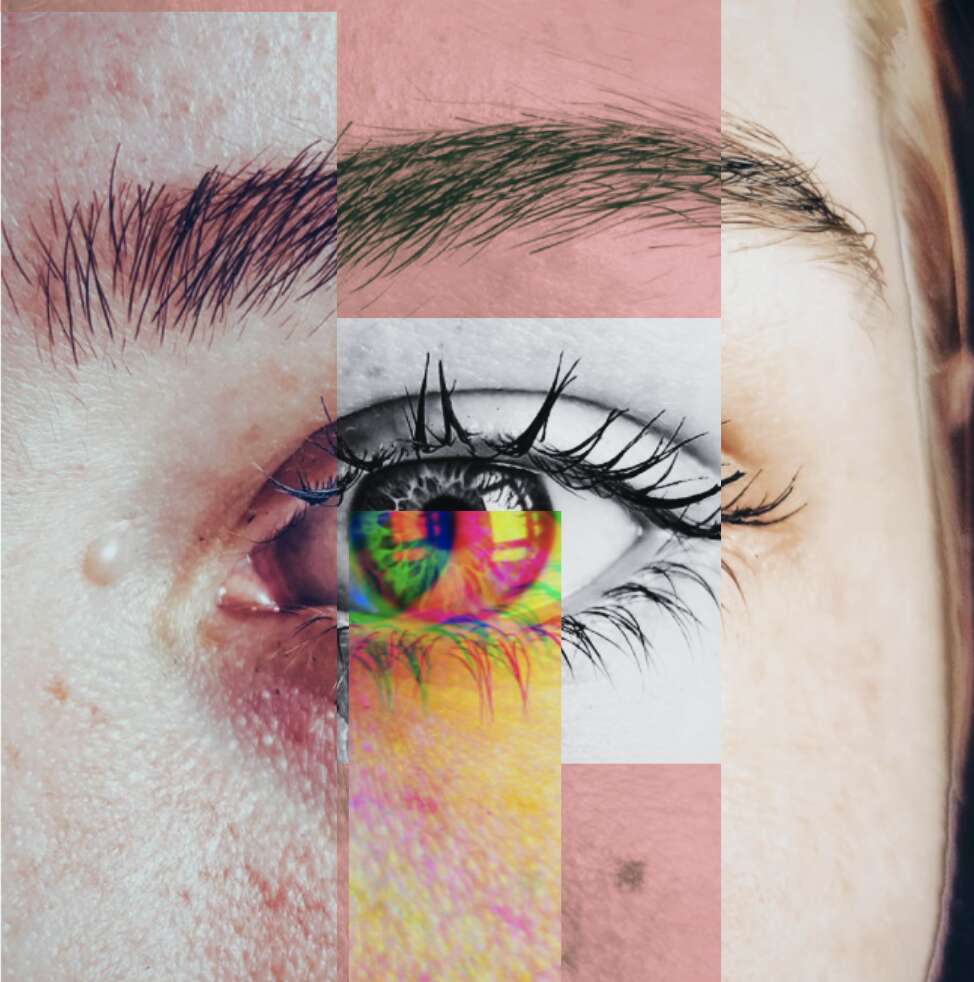This mother’s day, The Uncoiled is shedding light on how women are affected by depression.
Did you know? Depression is a fairly common condition. More than 264 million people in the world suffer from depression, according to the World Health Organization, and many of those people are parents — moms and dads with rich families. Though the media often portrays those who suffer from depression as loners, the fact is that depression knows no bounds. It is unconstrained and unbounded.

Depression affects women especially mothers in various ways. They miss out on many happy times and unique experiences with their children as a result of their depression.
Depression Affects 1 Out Of Every 10 Women!
Depression affects many women in various forms, ranging from clinical and seasonal depression to postpartum depression and bipolar disorder. In fact, women are more likely than men to be affected by depression. Women are almost twice as likely as men to be diagnosed with depression, according to statistics. The cause of the discrepancy is unknown. Some research claim that hormonal shifts are to blame, while others claim that living conditions and societal stressors are to blame.
The trigger, on the other hand, is unimportant. What matters is how we help, assist, and handle people who suffer from depression.
Certain Types Of Depression Are Unique To Women.
Although depression affects people of all races, sexes, ages, and socioeconomic backgrounds, women are more susceptible to certain forms of depression. For example, premenstrual dysphoric disorder (PMDD) is a serious form of premenstrual syndrome (PMS) that affects women in the weeks leading up to menstruation.
Depression Looks Different In Women Than It Does In Men.
The signs and symptoms of depression are well-known. Depression, for example, is characterised by feelings of grief, hopelessness, helplessness, or apathy. Agitation and sleep disturbances are also common, as is a loss of interest in daily activities. People who suffer from depression tend to sleep excessively or not at all. However, some depression symptoms are more common in women than in men.
“Women and men feel depression differently,” Dr Richelle Whittaker — an educational psychologist specializing in maternal mental health.
Women often report a lack of enthusiasm, diminished interest in favourite hobbies, changes in sleeping or eating habits, and/or a general feeling of depression, hopelessness, remorse, worthlessness, or helplessness. Concentration problems are also normal, as are suicidal thoughts.
Men, on the other hand, are more likely to show signs of anger or provocation. They’re much more likely to partake in high-risk activities like drinking and driving or increasing their alcohol consumption.
Depression Can Be Treated.
If you’re depressed, keep in mind that you’re not alone. You’re not crazy, and you’re not by yourself. There is reason to be hopeful: depression is treatable. You can and should seek help from a counsellor, psychologist, therapist, trusted physician, community leader, and/or friends. If you think you’re depressed, speak to your doctor or seek support from a psychiatrist or other mental health professional.
How To Help Someone Suffering From Depression?
Although it’s difficult to see someone you care for in pain, there’s a lot you can do to help. Do not hesitate to inquire about your loved one’s feelings on a regular basis.
Listen to them without feeling embarrassed, judged, or stigmatised. Keep the remarks like “but you have so much to be happy about” to yourself.
Don’t attempt to repair them because you won’t be able to. Give empathy and companionship instead.
Make plans to get your significant other out of the house. Take a stroll with them, have lunch with them, organise get-togethers, and so on. Provide transportation to and from counselling. It’s not about what you do; it’s about how persistent and present you are.
Also, inquire as to what they want. They may not have a response — at least not right away — but as someone who has struggled with depression for many years, I can assure you: Just being there helps.

Read more by this author on mental health https://theuncoiled.com/2021/04/18/unexpressed-emotions/
Visit https://www.who.int/teams/mental-health-and-substance-use/gender-and-women-s-mental-health to know how gender affects women’s mental health.











